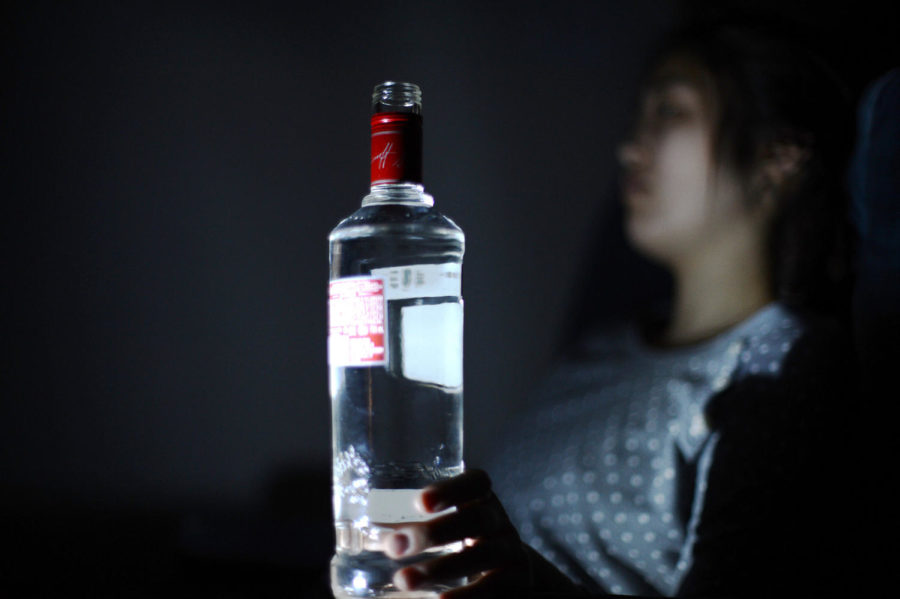Alcohol intake linked to breast cancer risk
February 28, 2013
Female students may be exposing themselves to risks while drinking alcohol.
Research shows that alcohol intake may be linked to an increased risk of breast cancer.
According to an article by The Telegraph, published Feb. 15, 2013, a study done by Boston University School of Medicine and Boston University School of Public Health showed that alcohol consumption is thought to cause 15 percent of breast cancer deaths.
According to the National Institute on Alcohol Abuse and Alcoholism website, four out of five college students drink alcohol, and of the students that drink, about half consume alcohol through binge drinking.
Women may think if they don’t participate in binge drinking that they don’t have to worry, but what they don’t realize is how little they have to drink to put themselves at risk.
According to a study published in the Journal of American Medical Association (JAMA), Nov. 2, 2011, “consumption of three to six alcoholic drinks per week is associated with a small increase in the risk of breast cancer.”
The increase was found to be 15 percent.
“One issue with alcohol is whether it’s modest intake or abusing it,” said Diane Birt, professor of food science and human nutrition.
The risk for developing breast cancer increases with the amount of alcohol a woman consumes. According to the American Cancer Society, those who have two to five drinks daily have about one and a half times the risk of women who don’t drink alcohol.
The exact reason that alcohol causes breast cancer is still unknown.
“According to the JAMA article, although the exact mechanism for the association between alcohol consumption and breast cancer is not known, one explanation may involve alcohol’s effects on circulating estrogen levels,” said Mary Raman, program coordinator of Thielen Student Health Center.
Many studies have been conducted to narrow the cause down.
“Another recent study showed that a protein called CYP2E1, responsible for breaking down ethanol – the chemical name for alcohol — creates unstable chemicals known as free radicals,” Raman said. “These free radicals may activate cellular mechanisms that lead to tumor development. Some women express more of the CYP2E1 proteins, and they may be at higher risk when consuming alcohol.”
Birt said modest alcohol intake is associated with a decrease in cardiovascular disease. With the contradicting facts about alcohol consumption, it is hard to distinguish which health suggestion one should follow.
“Breast cancer is one of the main cancers that modest alcohol consumption seems to have a negative affect on,” Birt said. “You also have the data that alcohol can be protective. So with the confusion in the area, it’s probably not a good thing to send out a big public health message.”
Katelyn Cummins, senior in apparel, merchandising and design, said knowing that facts will affect her decision to go out.
“I have never heard of this research before, but it is interesting,” Cummins said. “I guess it would make me more aware and try to cut down even more. Since it’s something I can do to decrease my risk, I would want to do what I can.”
Birt advised students to be aware of basic family health history.
“Think about what your risks are. … If you have a family risk of breast cancer … you might not want to use moderate alcohol intake to prevent cardiovascular disease,” Birt said.

















